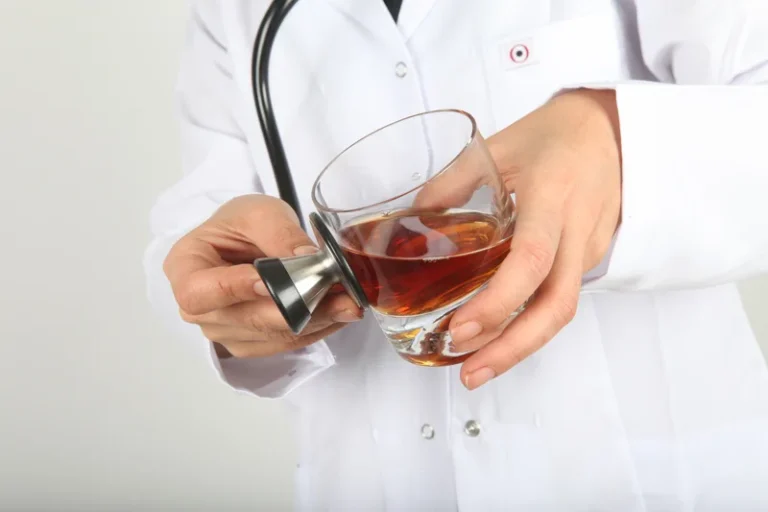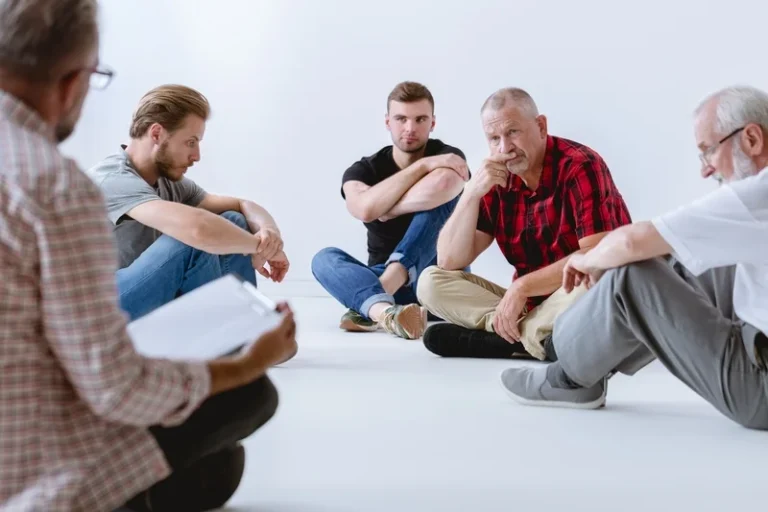
Or perhaps you’re already dealing with setbacks, relapses, and moments of doubt. Setting achievable goals and tracking personal growth can boost confidence, reinforce positive behaviors, and provide motivation for continued success in recovery. Recognizing and celebrating milestones, such as sobriety days, therapy programs, or personal milestones, reinforces the importance of the recovery journey and provides a sense of accomplishment. Building a social network after treatment is crucial for maintaining resilience and preventing relapse. Attending therapy sessions and support group meetings is essential for ongoing recovery. Incorporating these activities into the daily routine ensures regular access to professional guidance, peer support, and a safe space to share experiences and challenges.

Letting Go and Starting Fresh
Positive psychology is a treatment approach that believes all people want to lead fulfilling and meaningful personal and professional lives. At JourneyPure Emerald Coast, we offer a specialized “Freedom Program” which treats active duty military members and verterans struggling with addiction and mental health disorders. While self-awareness is important to be able to recognize these signs of relapse, it’s equally as important to have a strong support network around you. Your support network may include a recovery coach, friends, family or people from your meetings can also recognize these signs and help prevent a relapse. If you’re recovering, it could help if you moved into a sober living environment. Researchers showed that people living in sober houses over a long period of time (between months) see a considerable improvement in their lifestyle.
Establishing a Healthy Routine After Addiction
Whether it’s changing your mindset, changing your habits, or changing your social circles, addiction recovery will inevitably require change. But starting over in these aspects of life will pave the way for a new, healthy lifestyle and replace the old harmful habits and behaviors that come characterize a life of addiction. After people overcome drug abuse or alcoholism, rebuilding your life after addiction they may have to face more challenges. Maybe this is something you’re facing right now as you recover from addiction. If so, it’s important to learn how to go about rebuilding your life after addiction. Alta Mira offers comprehensive treatment for people struggling with drug and alcohol addiction as well as co-occurring mental health disorders and process addictions.
Start Exercising
Connection and community are embedded in the structure of 12-step programs. I attended my first 12-step meeting as an assignment for a class in my master’s program in 1986. As part of transitioning after rehab, you’ll want to attend community support groups for people who are also on their recovery journey. This type of support is valuable for keeping a positive and healthy recovery journey alive. Other participants and leaders of these support groups can relate to what you’re going through, as they’re all on similar journeys.

Even if a person doesn’t know, doing this will gain their respect and trust. You will need to avoid those places that trigger cravings such as bars where you used to drink, parks, and people’s houses. Recovery can be challenging, and it is critical to be honest with yourself when you are struggling to prevent relapse. When it comes to dealing with legal problems, it is usually the best choice to work with a qualified lawyer for your specific issues. Asking for help and getting help from others is not at all a weakness.
Articles Related to Drug and Alcohol Recovery
- With determination and a focus on self-care, individuals can flourish in their recovery and pave the way for a brighter future.
- Learning from people who have been through the same struggles as you, and sharing your experience with others will bring a positive impact on your life.
- She couldn’t ignore the problem anymore, and she committed to addiction recovery.
- She has implemented a lot of new protocols for the operations of these areas to ensure the clients are receiving the highest quality of care that we are able to provide.
- My personal recovery has enriched my professional knowledge, and my professional frame of reference has in turn deepened my understanding of recovery as an ongoing process of learning, growth, and healing.
Team sports like soccer are a fantastic way to meet people who are invested in a healthier lifestyle, or you could just take up jogging, walking, or cycling in nature. Most people would have gotten used to seeing you as an addict, and this is a way for both of you to establish boundaries. Talking about it will help them draw a healthy conclusion regarding your new lifestyle, and they won’t expect too much or too little from you – and vice versa. Working with a recovery coach, therapists or a counselor can be very helpful in developing a value system that will guide you through recovery on a positive and proactive mental path. Beginning to look internally for happiness, peace, self-fulfillment and personal satisfaction is a powerful tool in reducing the risk of relapse.

Remove Toxic People From Your Life
- Words don’t mean a thing if meaningful actions don’t follow them, and this gives you the opportunity to really solidify your relationships with loved ones.
- In order to head down a steady path of recovery don’t try to take on too much at once.
- When you were an addict, your life most likely revolved around drinking or getting high.
- Many people experience relapses because they didn’t use skills and support systems they learned while in treatment.
Under the right conditions, individuals can rebuild their lives, rekindle their ambitions, and step confidently into a future unfettered by past dependencies. Building a support network is crucial to maintaining sobriety during your recovery journey. Your support network may include support groups, new sober friends, and established loved ones. In addition to individual therapy, family therapy can be beneficial for mending ties and rebuilding relationships that may have been damaged during the addiction. Remember, your loved ones can be an important source of motivation and purpose as you continue your recovery journey.

Recovery takes time.

Attending addiction treatment is difficult, but returning to the real world and rebuilding your life after treatment is yet another challenge for people in addiction recovery. It’s hard to cut ties with your old friends or activities, but you must. People, places, activities, etc., that may have been part of your past life when you were using can trigger your desire to abuse substances. So it’s best to avoid them altogether and instead seek new friendships with people who support your sobriety and understand your journey. These support groups provide a sense of community and understanding as you connect with others who have gone through similar experiences.
It requires a person to yield changes, to set goals, and to make a commitment. My duties are individually counseling clients weekly throughout their program, helping them rebuild trust with their families and set boundaries. I counsel clients with abuse trauma, help them rebuild their self worth and help them obtain healthy coping skills.
